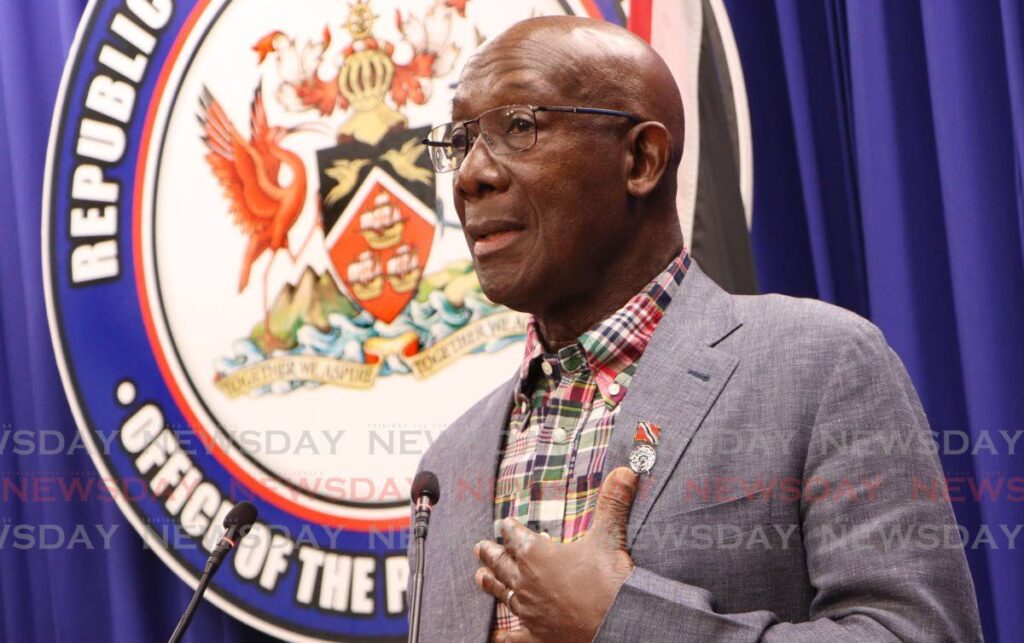Privy Council rules wrongly

THE EDITOR: The TT Constitution is not founded and built upon the executive around which everything revolves. The executive dominates and controls, bestows and retracts. That is something from English constitutional-monarchal law that is not in the Constitution. Nor is the Privy Council tagged on to make it so.
The Constitution sets up subsidiary structures that hold the executive in check and changing that dynamic or the status quo requires an "over-majority." So that the Privy Council declaring in the TTRA case that the entrenched clauses are not affected is not how this is managed.
Furthermore, the TTRA case concerns terms of employment and it is relevant to the question of constitutionality so formed. It's true that the Rowley Government does not know how to handle it.
The ruling also side-steps from the other subsidiary parties involved, namely the citizenry in its relations with the bureaucracy and the executive – precisely connected with the entrenched clauses.
Moreover, this purported change means that any structure can be changed and rechanged by simple majority reflecting impermanence that (1) is not germane to the design of the public service and (2) switches a burden of litigation onto the citizenry, reversing the nature of accountability; while the permanence established by the Constitution is baselessly denied.
The Privy Council has again erred as it did with the capital punishment time limit. Whereas in the latter it overtook the role of the Parliament absolutely, in this matter it has overtaken the Constitution to position the executive over it and assigning itself for seconding or moderating decisions via costly lawsuits.
Among other things, the Constitution we have was chosen to avoid exactly that. The Privy Council was later forced to amend itself on its foolish and arbitrary ruling on capital punishment. The Privy Council disproved itself again.
E GALY
via e-mail

Comments
"Privy Council rules wrongly"